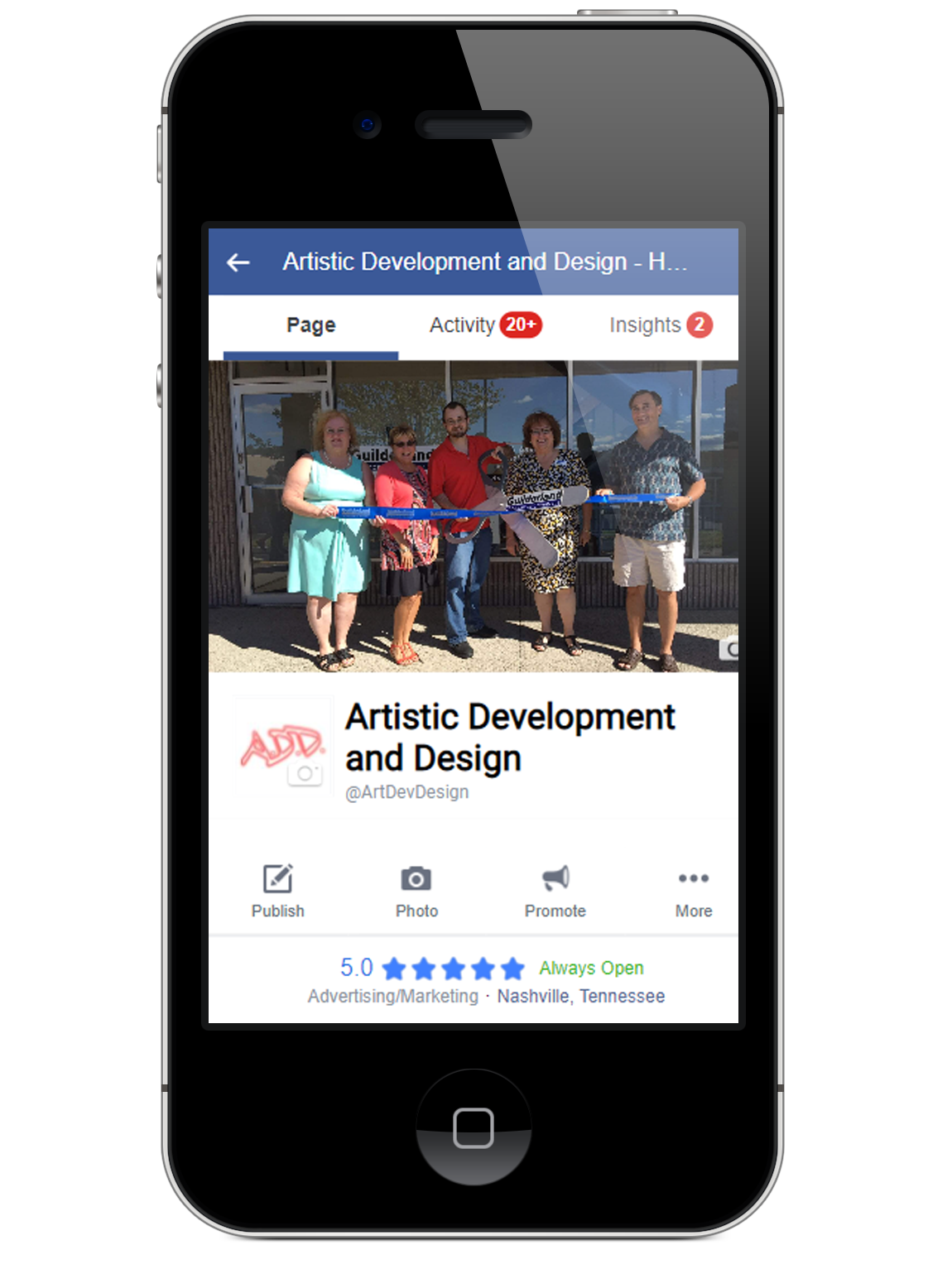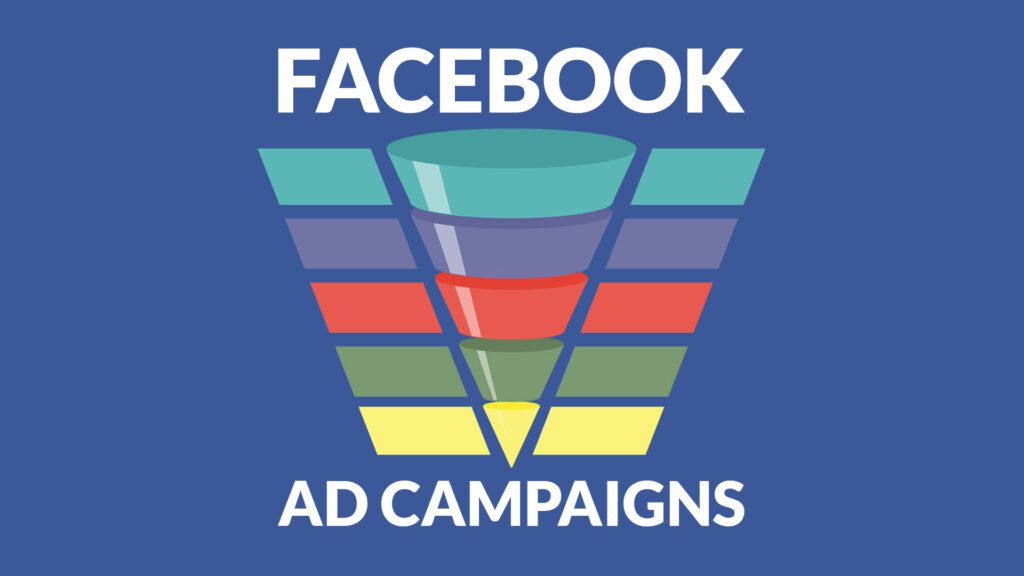If you’re looking for your business to be found online, the goal is to build trust, authority, and relevance. Social media marketing is a powerful tool for doing this. Social Networking sites have already built trust, authority, and relevancy with the 3 major search engine platforms. So, why not use them?
Page Authority versus Domain Authority
Similar to credit, time is a highly relevant factor for improving the SEO authority. When it comes to authority, there are two kinds: Page Authority and Domain Authority. Page authority is focused on an individual page of a website whereas the domain authority is universal across the entire site.
Many of the social networking platforms have such high domain authority that their individual pages will show up in search results, despite their potentially low individual page authority. SimilarWeb—a website that shares the ranking of websites according to search results and site traffic—has social media sites ranked extremely high.
Knowing this, we can create accounts on these platforms for our business to help increase our initial reach without worrying about our current website’s rank.
Which Platforms Should I Focus On?
Now ideally, you’d like to do everything you possibly can to reach number one. However, this is not feasible, or reasonable, for most small business owners. Instead, we should focus on optimizing our time online and getting back to working on our business. So, the question we should ask ourselves is, “Where should I start?”
Social Media Sites Ranked
According to Similar Web, these are the current site rankings as of 2021:


My Personal Opinion
Social media marketing can be made daunting if presented like this, all at once. Now that you can see which sites are dominating the web, you may be asking, “Where should I begin?”. Since each person, organization, and business are unique, I will simply give you my opinion on the matter.
Getting Started
Google+ is no longer a thing (and wasn’t getting much traffic to begin with). When Google appears as number 1, that simply means people are using Google to find things. So, the first step I would take in getting online is simply setting up a GoogleMyBusiness account. For more on this, check out my article on How to Let Google Know I Have a Business.
This will make sure that your business comes up in the search results, especially if your a local brick-and-mortar business. This account can be updated to include photos, your website and social URLs, your hours of operation, and much more. This will be the first thing people see when stumbling across your business.
Getting Social
One Account to Rule Them All
After you’ve told Google your name, the next thing to do is get your business on the social networking sites. The first site I would recommend is Facebook. This is because Facebook’s user base is simply too large to ignore. When it comes to the other social media sites, Facebook blows them out of the water.
Spending the time to create a Facebook page will not let you down either. I’ve built websites for clients with SEO in mind and at the same time created a Facebook Page with as much content filled out as possible to get it started. Can you guess which of these showed up in Google search results first for the exact client name? Facebook. Every single time.
Knowing this, you can see why I recommend this first. If you’re a new business, word of mouth is king. The problem is, if people can’t find you by your own business name, it doesn’t really matter how many people know about you. That’s why it’s critical for your business to have an online presence that can actually be found.
Let’s Make It Official
When it comes to your next social account, my recommendation might seem strange. Although there are many platforms with higher usage, I recommend creating a LinkedIn Company profile. Higher usage doesn’t mean it’s easier to be found, it simply means there’s more traffic. For example. YouTube comes up #2 on the list, but notice I recommended Facebook first. That’s because it is easier to get ranked and found on Facebook than it is on YouTube.
So why do I jump down the list to #24? Well, there’s a few reasons. First, LinkedIn has a social currency that is different from the other social networking sites. LinkedIn is a “business first” platform and creates a sense of authority. This isn’t domain authority, rather it’s the authority that a potential customer might need to be convinced to use your business.
Additionally, LinkedIn is currently the social networking site with the most organic growth next to TikTok. This is because of the unique way that LinkedIn functions. When a user on LinkedIn engages with content, that content then becomes visible to their entire network. This means if anyone in your network like or comments on your company’s post, their entire network can now see it.
If that’s not enough, LinkedIn seems to be the platform where employees of business engage most with their company’s online profile. Meaning, if you post content on your company LinkedIn page, your employees are more likely to interact. Now, your network has expanded from just you and your business, to that of your entire organization’s network.
Social Media Momentum
So now that Google knows you exist, you’ve created a Facebook Page, and made yourself official on LinkedIn, which account should you go for next? Well, it depends. If your business has the means and capacity for video, I highly recommend YouTube. YouTube is the second largest search engine on the planet after Google.
Maybe your business is full of people, products, or backgrounds that are visually appealing. If you don’t have the time for video shoots, grab a camera and hop on over to Instagram. This platform can be consuming if you let it, but it is one of the best platforms for building an authentic connection with your audience.
As you can guess, my suggestions will change depending on your business and its capacities. Maybe you have a camera crew, maybe you barely have a smartphone. It’s possible you have an in-house marketing team, you’ve hired an external agency, or don’t even have a personal Facebook account. These differences and more will alter what path I’d recommend. So feel free to contact me if you’re looking for a more specific answer for your business.
Moving Forward
I hope this article has given some clarity on where to go next. If you’d like assistance in building out your online presence through social media marketing, feel free to reach out.
If you’d like to learn more about getting your business online, you’re in luck. Here is a FREE Resources I’ve been working on to help small business owners and entrepreneurs expand their reach and build brand awareness. 🤩
Click the link to download now and let me know what you think. If it helps you or your business, feel free to leave me a review.



